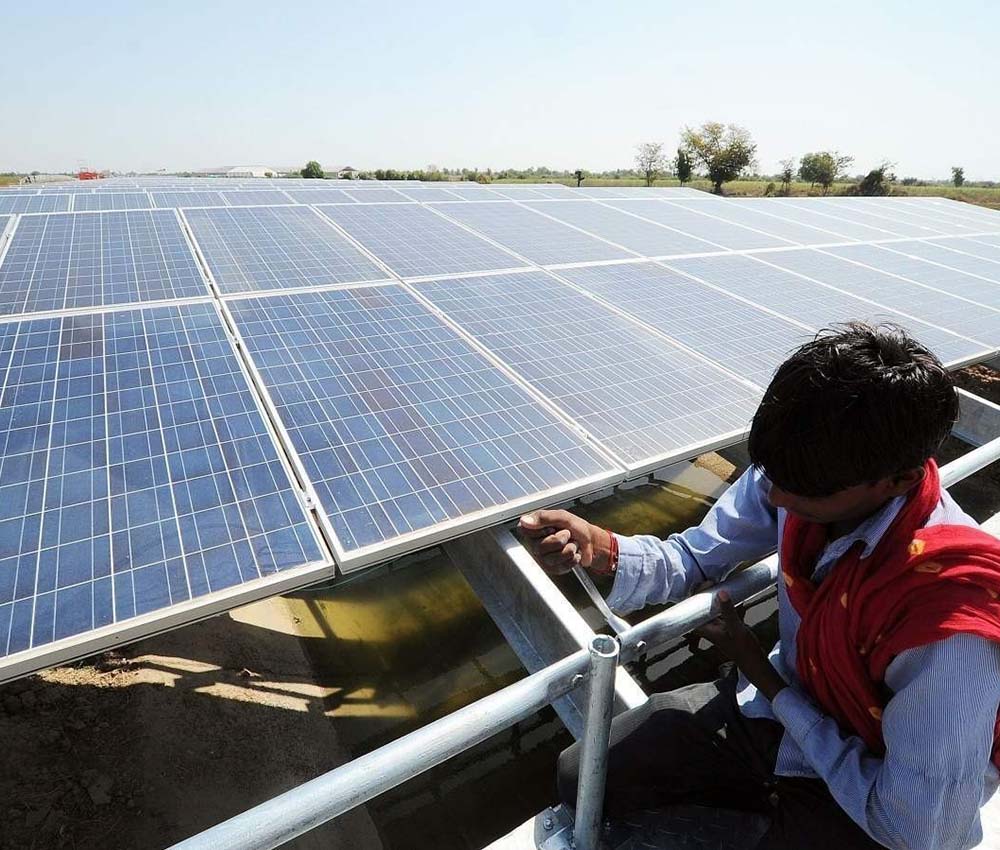Solar Maintenance
Solar maintenance ensures the optimal performance, longevity, and safety of solar energy systems. Regular upkeep can prevent significant issues, improve energy output, and protect the financial investment in solar installations. Here's an overview of solar maintenance:
Why Solar Maintenance is Important
- Maximizing Efficiency
- Ensures the system operates at peak performance, maximizing energy output.
- Prolonging System Lifespan
- Prevents wear and tear that could lead to premature system failure.
- Minimizing Downtime
- Early detection of issues reduces the risk of power outages or costly repairs.
- Protecting Warranties
- Many manufacturers require regular maintenance to keep warranties valid.
Key Components of Solar Maintenance
- Solar Panels
- Cleaning: Regular removal of dirt, debris, bird droppings, and snow.
- Inspection: Check for cracks, discoloration, or delamination.
- Inverters
- Monitor the performance and check for error codes or malfunctions.
- Inspect cooling systems and ensure proper ventilation.
- Wiring and Connections
- Check for loose or corroded connections, frayed wires, and rodent damage.
- Ensure proper grounding.
- Mounting Structures
- Inspect for rust, corrosion, or structural integrity issues.
- Tighten bolts and ensure panels are securely mounted.
- Energy Storage (Batteries)
- Monitor charge and discharge cycles.
- Inspect for leaks, corrosion, or signs of wear.
- Monitoring Systems
- Review data for irregularities in power output.
- Ensure communication systems (e.g., Wi-Fi or cellular) are functioning properly.
Maintenance Schedule
- Monthly Checks
- Monitor system performance through tracking tools.
- Check for visible obstructions like overgrown trees.
- Quarterly Maintenance
- Clean panels and inspect for physical damage.
- Test the inverter and wiring connections.
- Annual Professional Inspection
- Conduct a comprehensive inspection by a certified technician.
- Include thermal imaging to detect hotspots or potential faults.
Common Issues and Troubleshooting
- Reduced Energy Output
- Check for shading, dirt accumulation, or inverter errors.
- Hotspots on Panels
- May indicate damaged cells or improper wiring.
- Inverter Failures
- Inspect display for error codes and ensure proper ventilation.
- Electrical Issues
- Look for tripped breakers or fluctuating voltage levels.
Benefits of Regular Maintenance
- Enhanced system reliability and performance.
- Reduced long-term repair costs.
Increased return on investment by maintaining energy output.
